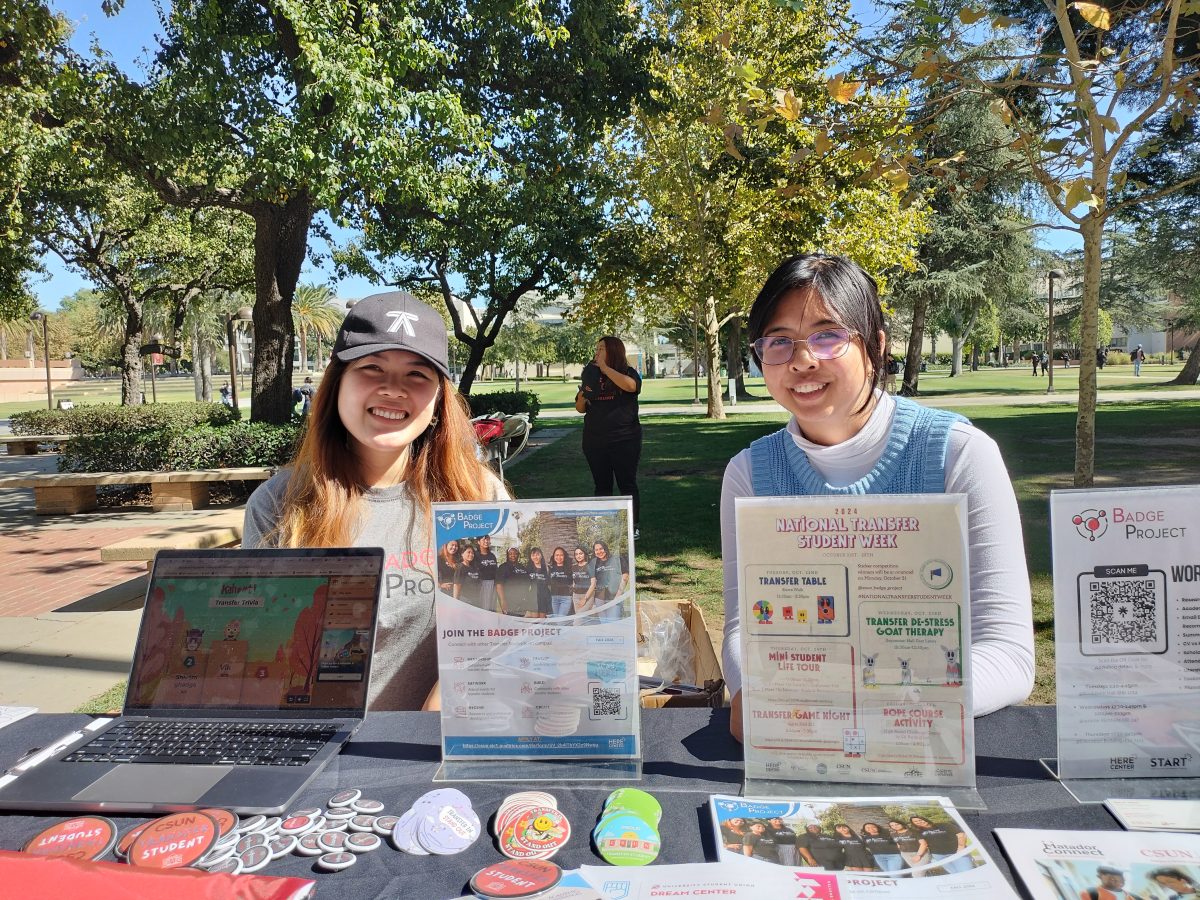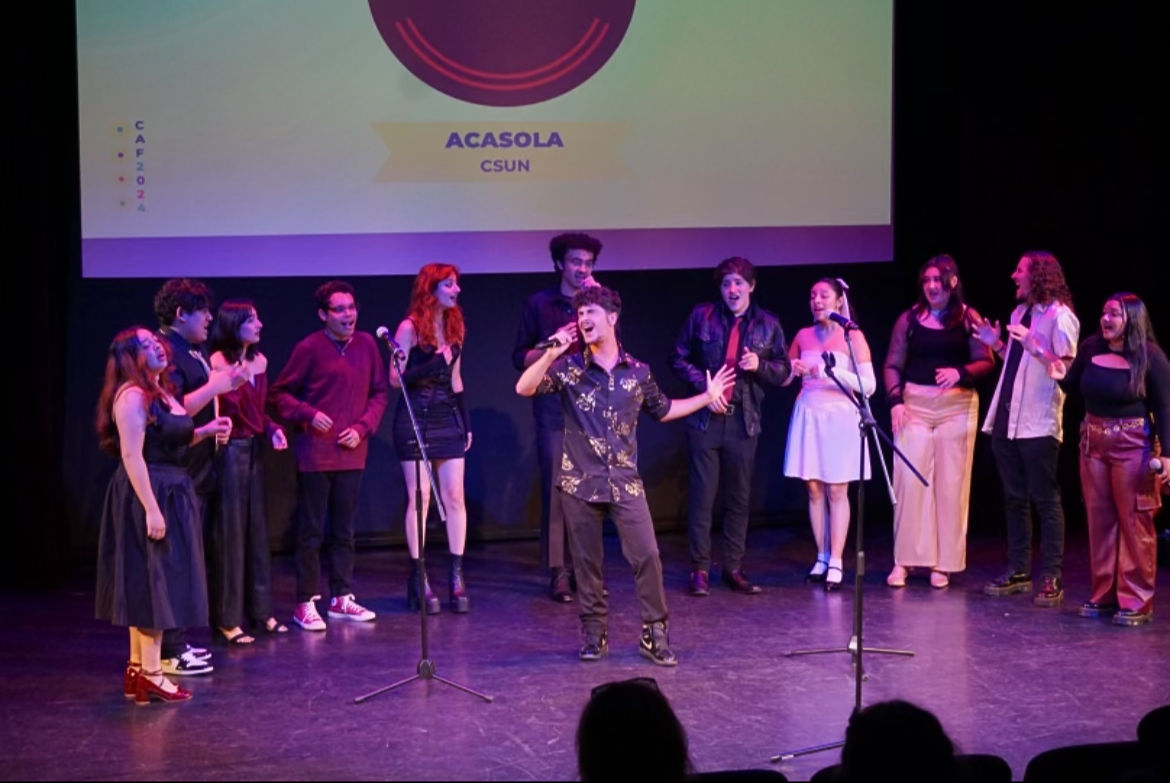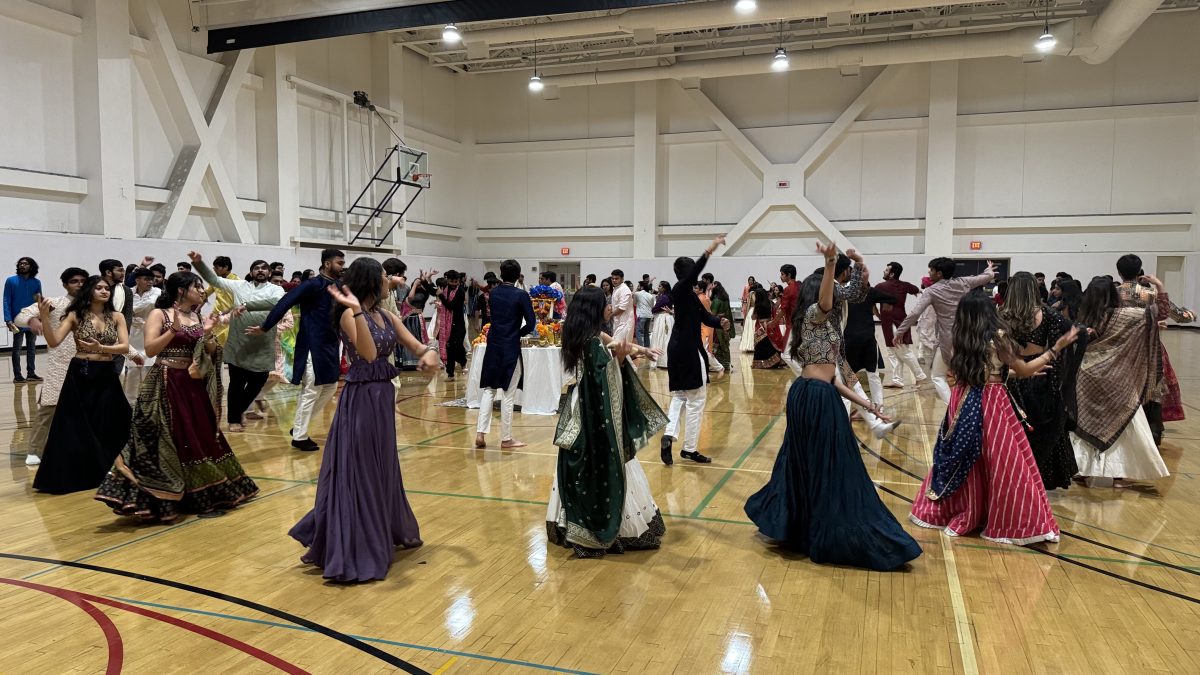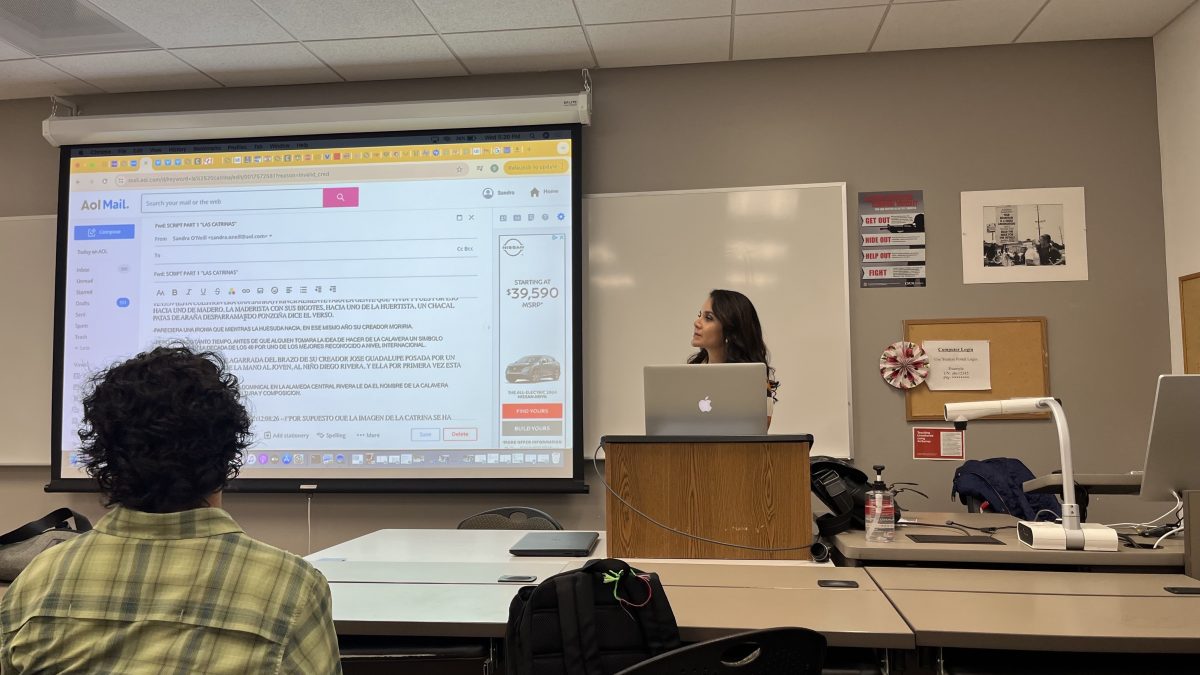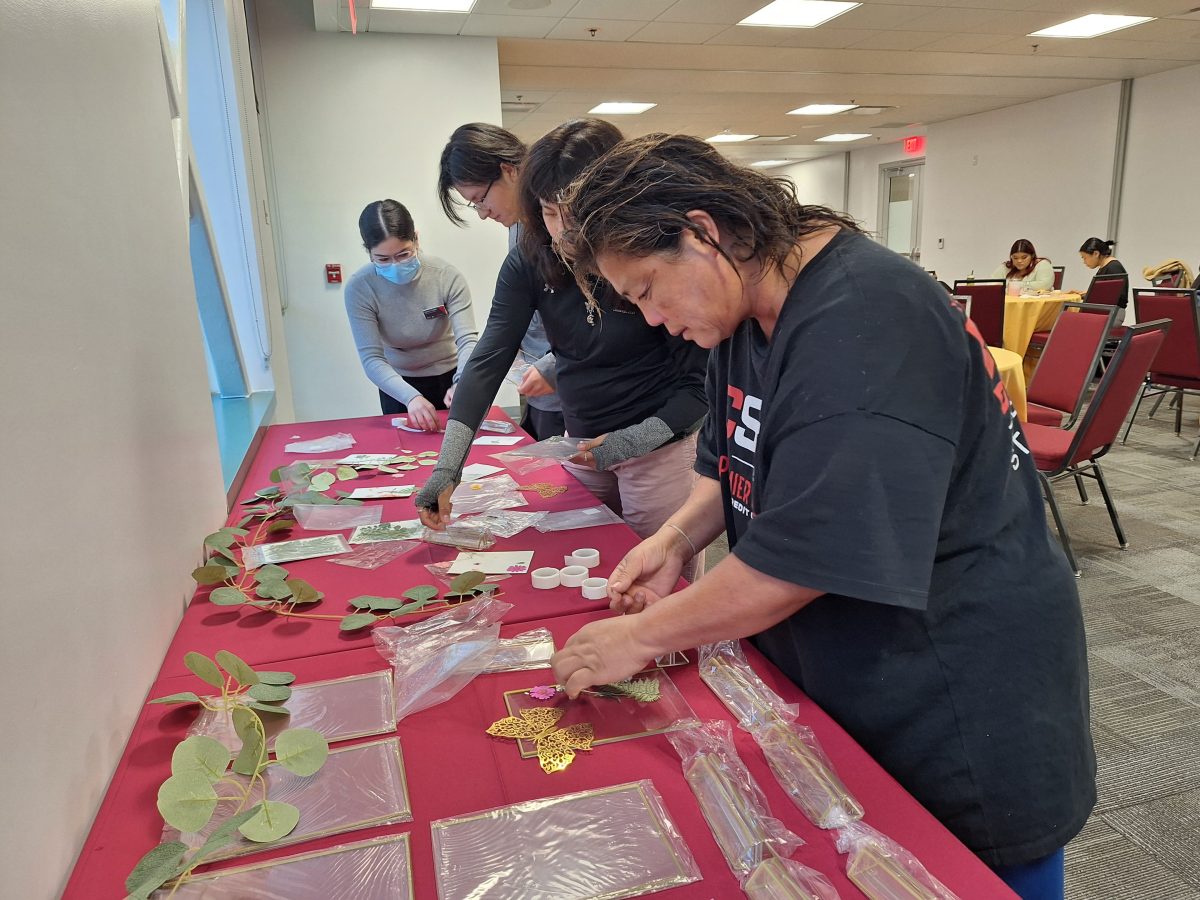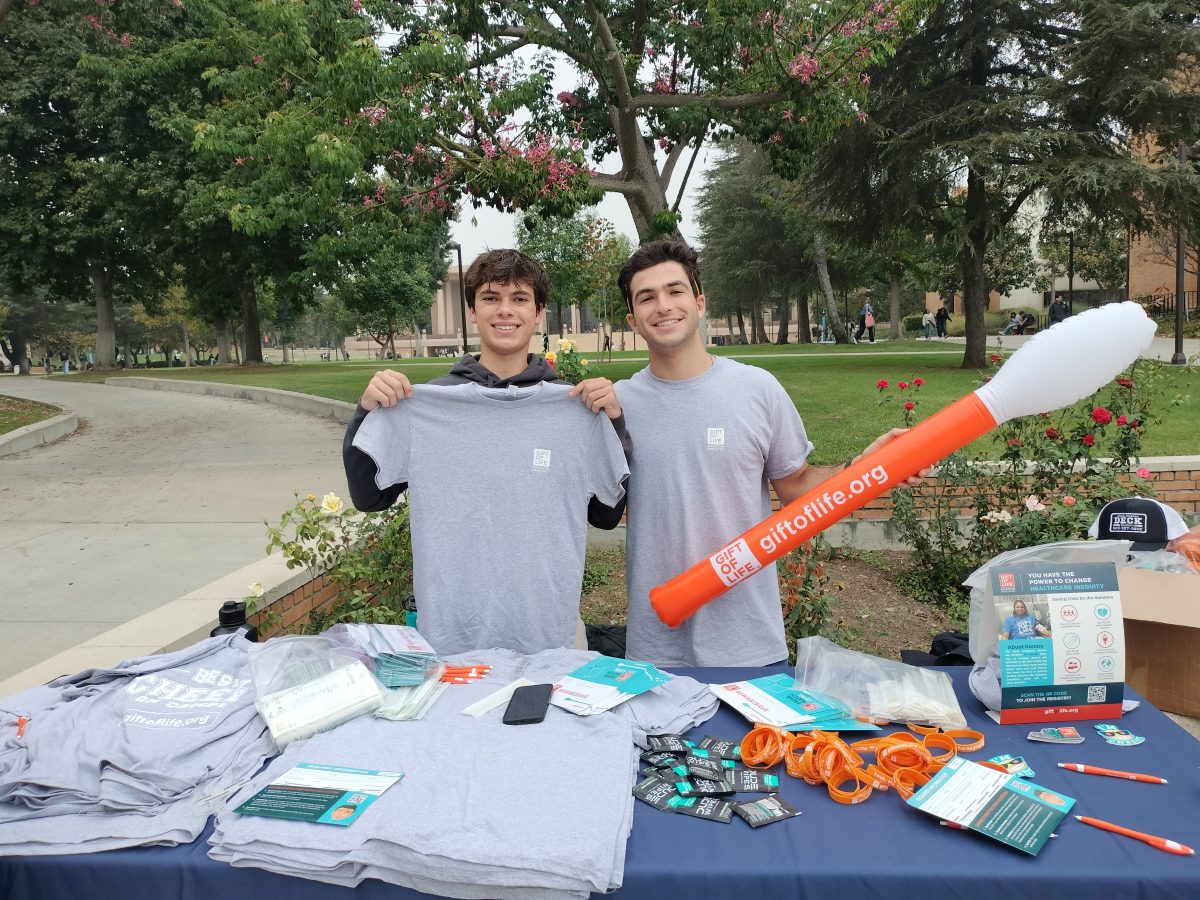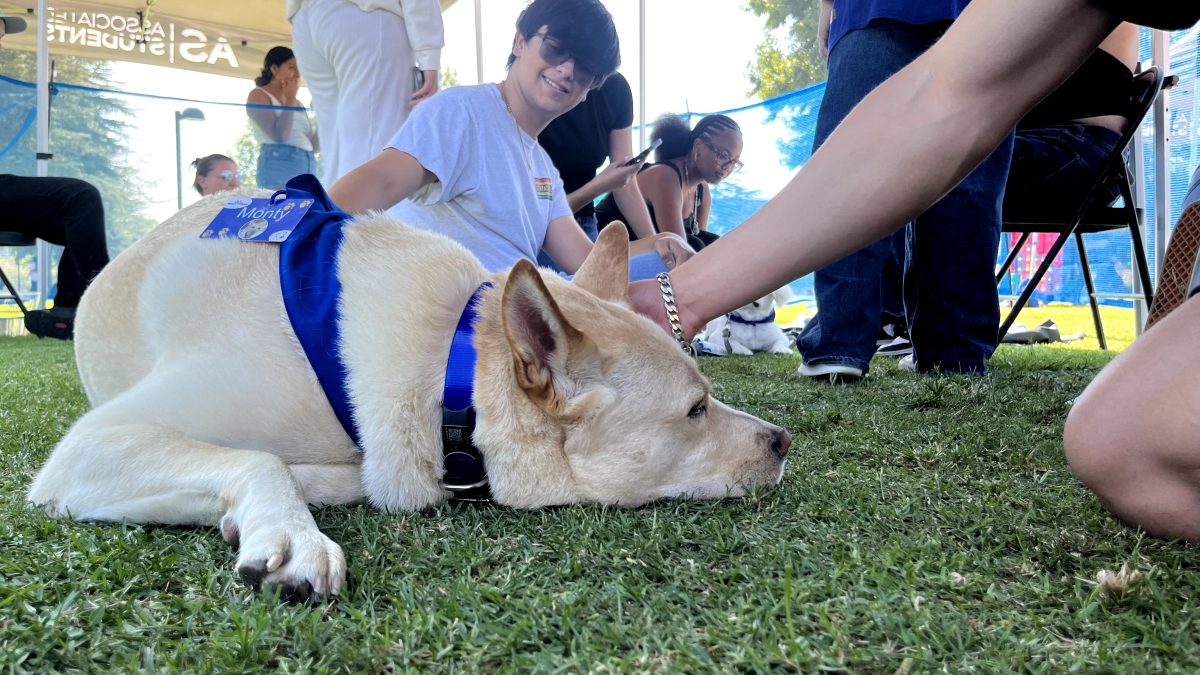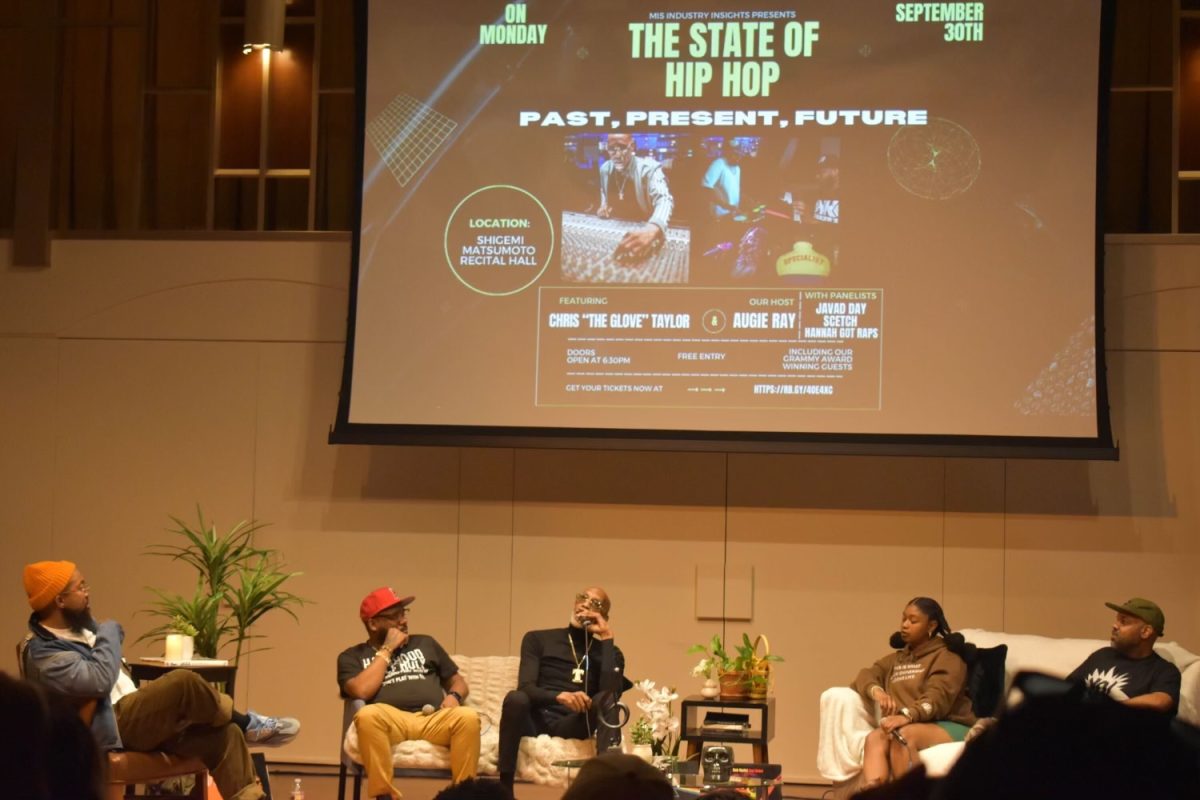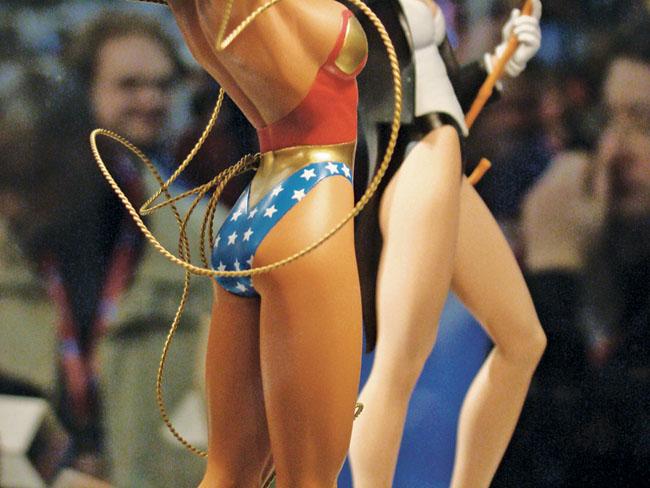
For cosplayers, Halloween is not the only opportunity to don a costume in public without being a deviant… or so we thought.
Cosplay, short for “costume play”, is often seen at conventions where participants dress up to resemble characters from cartoons, comics, anime, video games, movies and so forth. While it is an engaging way to express one’s adoration and respect for a character, sexism and harassment has become a prominent issue within the cosplay community.
Name-calling, touching, pulling and taking photos without permission are only a few examples of the borderline assault experienced by cosplayers. New York-based designer and cosplayer Mandy Caruso recalled an unpleasant interview she endured while dressed as Marvel’s Black Cat during the New York Comic Con in 2012 on her blog. Caruso was asked her cup size by her male interviewers, who, after being told they were out of line, went as far as opening it up to the crowd around them for guesses.
While the reality of the comic industry may be to sexualize super heroines to target teenage boys and young men, female audiences can get hooked for the badass girl power these characters convey. When approached for an interview, Caruso expected questions having to do with the experience at Comic Con in general, not a quiz show guessing her cup size. While other (read: male) cosplayers may have been asked about other things, the interview, in fact, had nothing to do with her costume, how she put the outfit together, or her personal sentiment towards the character.
A frequent attendee of various conventions myself, I now see more campaigns and event panels discussing the notion that “cosplay is not consent.”
While that in itself may be good news, the attitudes conventions have toward the issue is something to pay attention to. Anime Expo, Los Angeles’ largest anime convention, has a policy that states “failing to be fully and/or appropriately clothed, or wearing apparel or gesturing in a manner which is likely to provoke a disturbance or embroil others,” is prohibited.
Such wording can “blame the victim,” making it the cosplayer’s fault for causing the disturbance, not their harassers. This blanket ban is a lazy way for organizers to circumvent having to tell people about right from wrong.
Stan Lee’s Comikaze, however, is specific in what it won’t tolerate: “Harassment includes offensive verbal comments… sexual images in public spaces, deliberate intimidation, stalking, following, harassing photography or recording, sustained disruption of talks or other events, inappropriate physical contact and unwelcome sexual attention.” By having a separate web page for its harassment policy alone, the convention addresses the issue upfront and explicitly, taking a stance against this problem. While men can just as easily be victims of this abuse, more often than not it is women on the receiving end of the insults and catcalls.
Sexism towards cosplayers is a snapshot of rape culture. The flawed premise behind the behavior, regardless of setting, is that “she was asking for it.” If it is not ethically right for someone to take a photo of you without permission on the bus, while waiting in line for food, or when you walk past someone, what makes it okay to do so at conventions?
Some may argue that the simple answer to this is to not wear the revealing outfits. This is a recycled solution of rape culture. These cosplayers try their best to stay true to the character design as much as possible, while celebrating the art and talent of costumery. Being seen as “fap material” or a sex object is not their intent, nor should they be treated as such. If you attend a convention this summer and see someone being harassed, you can speak up yourself or get a staff member’s attention.
Reasons for cosplaying vary. Whether it be to voice their love for a character or to revel in the creative process, cosplayers dress themselves in what they want, deemed appropriate by their own standards. Instead of paying attention to how revealing or provocative a costume may be to someone, consider the hard work and skill they put into bringing a fictional character to life. Appreciate their wigs, their props and their passion for the character. Complement their cosplay, not their body parts.
